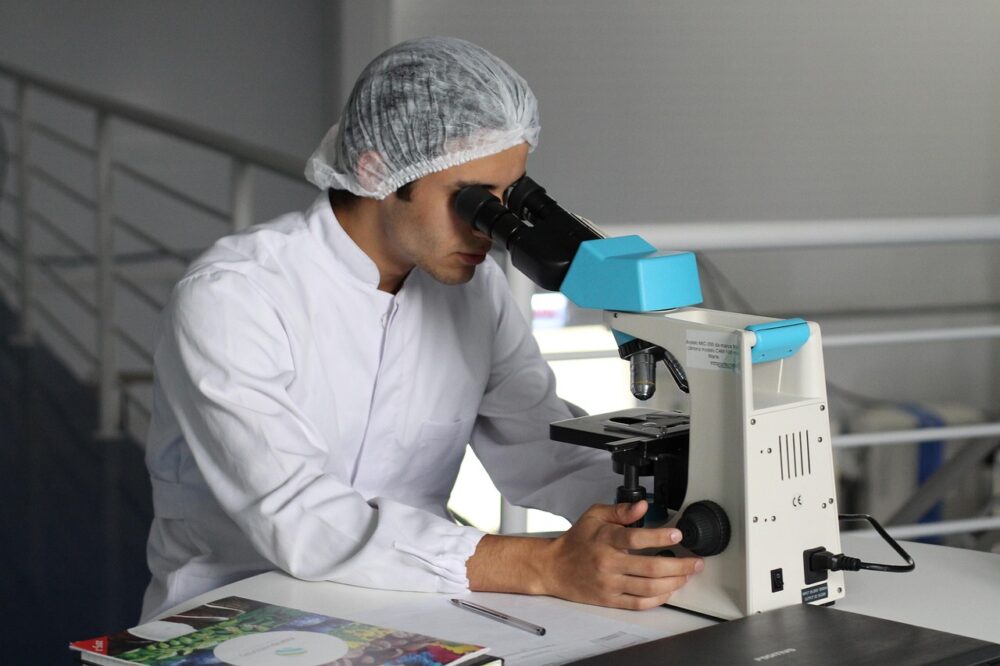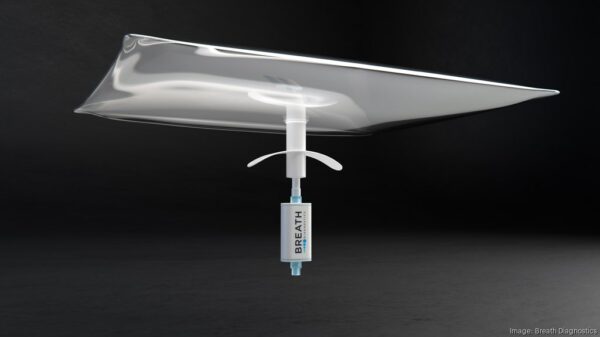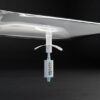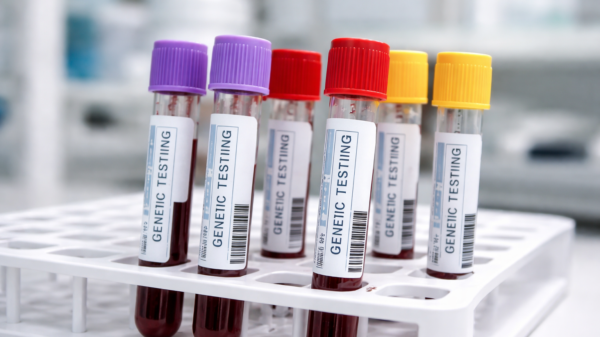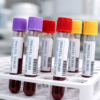California-based Freenome announced a new collaboration with Roche (SWX: ROG) that aims to push its blood-based cancer screening tests into global markets.
Announced on Friday, the deal seeks to speed access to Freenome’s early-detection technology as demand grows for less invasive cancer screening tools.
Freenome plans to evaluate Roche’s upcoming sequencing by expansion, or SBX, platform for future development work. The company said SBX may help refine its multimodal approach, which uses machine learning, computational biology and multiple data types to detect cancer at its earliest stages. Roche is also pursuing exclusive rights to build at-home “kitted” medical tests. The partnership could therefore expand the types of tests Freenome may offer abroad.
The companies intend to work jointly on improving Freenome’s cell-free DNA cancer tests. Additionally, Freenome will gain access to Roche’s plasma sample cohorts. The samples could help the company design more personalized screening tools across several cancer types. Freenome will also retain its U.S. rights and its centralized testing rights outside the country, which remain tied to its current licensing deal with Exact Sciences (NASDAQ: EXAS).
In a statement, Freenome CEO Aaron Elliott said the agreement deepens the companies’ research ties and gives Freenome a clearer path to scale internationally. He further added that pairing Freenome’s technology with Roche’s global footprint may help reach more patients. His remarks pointed to the firm’s goal of building tests that detect cancer from faint biological signals long before symptoms
Read more: Breath Diagnostics pioneers novel lung cancer breath test
Read more: Breath Diagnostics takes aim at lung cancer with One Breath
Multiple startups involved in cancer diagnosis
Two startups are advancing cancer screening through breath analysis — notably Breath Diagnostics and SpiraCheck.
Breath Diagnostics, the startup behind the OneBreath platform, asks for only a single exhaled breath to detect lung cancer. Their microreactor chemistry turns volatile organic compounds (VOCs) into quantifiable markers with high sensitivity and specificity. Furthermore, in trials with over 800 patients, the test demonstrated very strong performance. The test is fast, non invasive, and radiation free, which makes it suitable for clinics, pharmacies, or community settings.
Breath Diagnostics is raising growth capital through a Regulation CF crowdfunding round, opening investment to both accredited and non-accredited individuals. They’re offering shares at US $3 apiece, aiming to raise up to USD$3 million. In addition, the funds are intended to advance regulatory approval, run clinical studies, and build lab infrastructure to support their commercialization plans.
Visit https://invest.equifund.com/offering/breathdiagnostics/details to learn more.
By combining public investment with its validated technology, the company aims to broaden access to early lung cancer screening.
Meanwhile, SpiraCheck, a spin-off from Imperial College London, is working on a multi-cancer breath test. It targets volatile organic compounds that could signal gastrointestinal and other cancers. The startup has completed biomarker-discovery trials with thousands of patients and plans large-scale clinical trials involving tens of thousands.
These breath-based approaches signal a shift in cancer screening toward fast, affordable, and patient-friendly diagnostics. By moving away from invasive biopsies or imaging, these startups hope to catch disease earlier. Furthermore, this could potentially improve outcomes and expand access to populations that have historically faced barriers to early detection.
.
joseph@mugglehead.com

